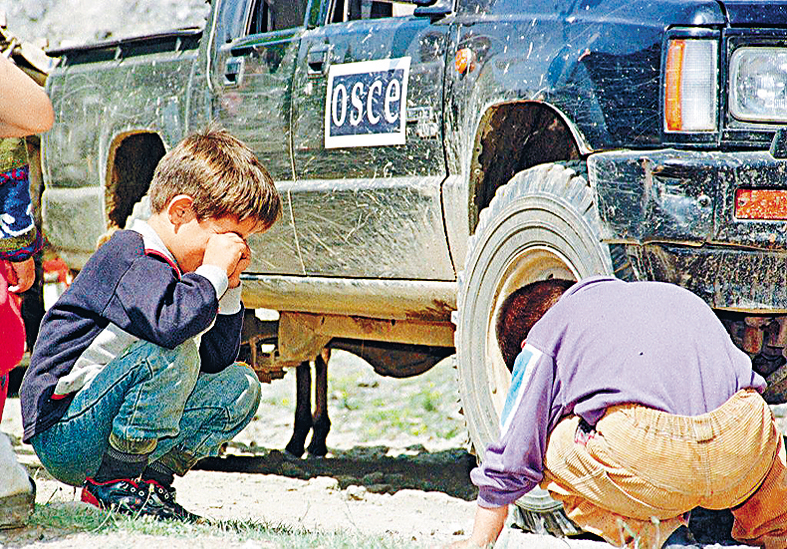
或許我們可以給孩子最佳的禮物,就是self-esteem(自尊、自信)。
Shame、guilt和embarrassment,三樣都是大家設法避開的東西。Shame是羞辱,guilt是罪疚感,embarrassment是尷尬。
自己都想逃避,當然不想孩子遇上。對很多父母來說,想像孩子受shame、guilt和embarrassment的困擾已很心痛,因此便會無微不至的保護他們,讓他們在家和在學校的生活,每一天都是完美快樂的。
可是這樣做可能大錯特錯,為孩子的將來種下惡果的種子。Joanne Chianello在Ottawa Citizen的文章中說:
No one likes to see their children embarrassed, struggling or failing. But experts believe that not allowing our children to make - and fix - their own mistakes ill-prepares them for life in the real world.
(沒有人想看見自己的兒女感到尷尬、苦苦掙扎或挫敗。可是專家相信,不讓我們的孩子犯錯,然後補救錯誤,就等於沒有為他們進入真正世界作好準備。)
文章的標題是"F- in Math, A+ in Life"。若看見子女的數學(或任何其他科目)不及格,連F也不如,更要拿個F-,你會有什麼反應?
先大吃一驚,暈了一陣,跟著充滿罪疚感,責怪自己沒有好好替孩子溫習功課和準備測驗,繼而恐怕孩子心靈會受打擊,立即安慰他/她,定神下來就立即計劃補救方案,為孩子找補習老師。相信很多家長都會有這樣的反應。
但其實孩子是否也應面對失敗,負上責任,然後努力找方法下次做好一點呢?不過,因很多家長害怕讓子女受挫折,就為他們擔當了一切失敗的後果。這對孩子會有什麼影響呢?The Self-Esteem Trap: Raising Confident and Compassionate Kids in an Age of Self-Importance的作者、心理治療師Polly Young-Eisendrath這麼說:
Once young people get into the world, they overestimate(高估) their abilities or their talents. What happens eventually is that they have strong feelings of self-blame(自責) or inferiority(自卑), because if they're not able to achieve at the level that they had expected they would, then they'll blame themselves, or sometimes they'll blame their parents. But in fact, they hadn't actually had a realistic sense(實際的觀感) of their strengths and weaknesses.
事實上,這個問題已在社會上浮現:
There's a huge amount of difficulty with this generation of kids who suffer from these exaggerated expectations(誇大的、過高的期望), an overfocus on themselves. They have a hair trigger for(容易受影響)humiliation. They have a hard time moving into adult life. They're indecisive(沒主見), they're restless(焦躁不安).
家長如何走出困局?
或許我們可以給孩子最佳的禮物,就是self-esteem(自尊、自信)。The Self-Esteem Trap: Raising Confident and Compassionate Kids in an Age of Self-Importance帶家長走出過分保護子女的困局。






